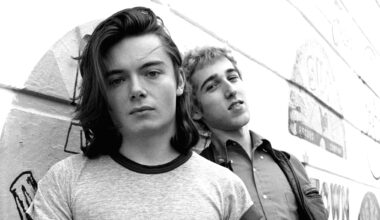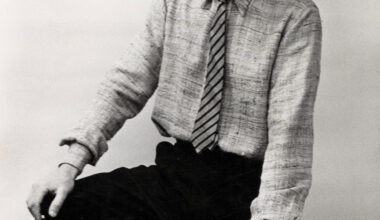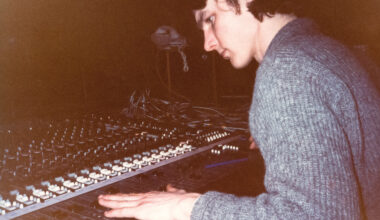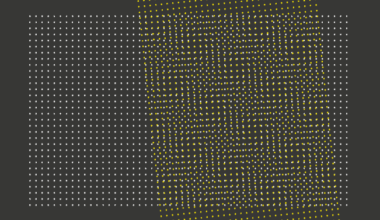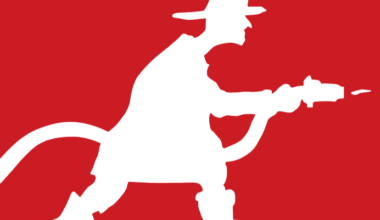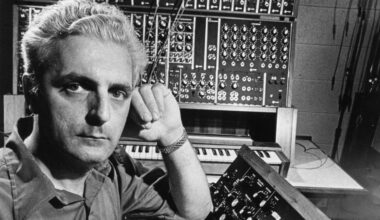How Grauzone’s chilly ‘Eisbär’ became the soundtrack of a hot summer of Swiss youth rebellion
Want to read more?
Sign up to Electronic Sound Premium to gain access to every post, video, special offers, and more. 100%, all you can eat, no commitment, cancel any time.
Already a premium member? Log in here
